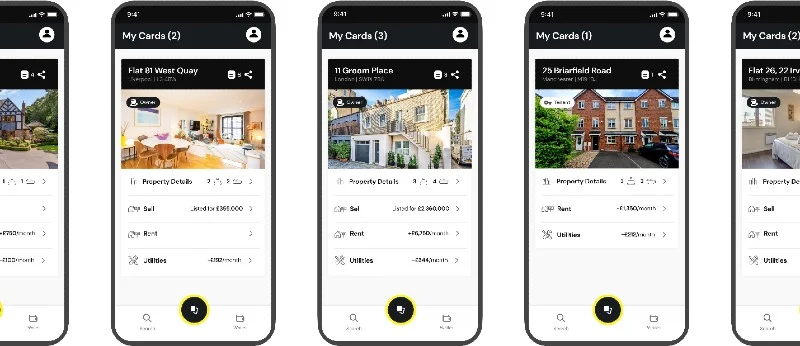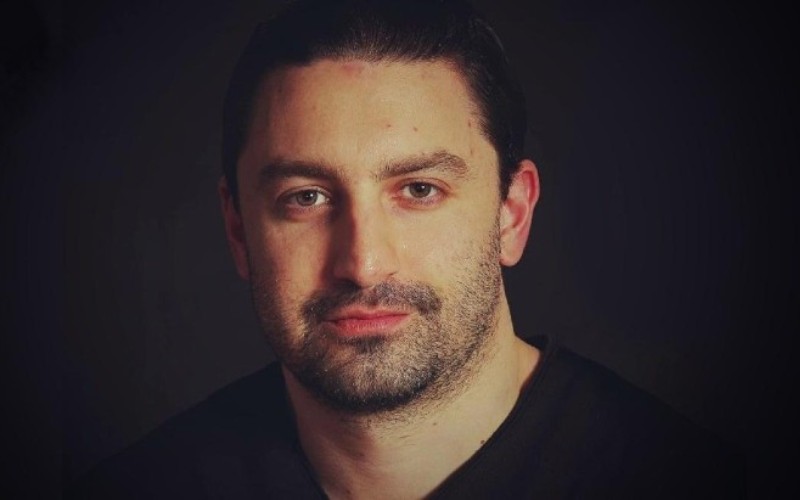I love to play chess, but finding the time to sit down in a packed week of work, commitments and kids’ hobbies is nigh on impossible.
According to Chess.com, I’ve played only 40 games of correspondence chess in 10 years. Hardly grandmaster territory – but then, there are more important things to do with my time.
Not so, says Oliver Muller. “I started three years ago and I’ve already played 120,000 games and puzzles,” he tells TechBlast. “I spend three hours of my day playing chess. I’m a chess master, and I’m on track to becoming a chess grandmaster in my lifetime… I hope.
“I’m already top 15 in Lebanon, and I’d like to be No.1 very soon. The highest players around me have played 1,000 games in their lifetime – so I’ve literally put 120-times more the amount of effort into the game.
“When I compared my way of play to everyone else, I realised I played chess on purpose to learn more about myself, because it teaches me how I operate.”
Real-life Monopoly
Muller is the founder and CEO of London-based PropertyCard, a property super-app styled as a real-life version of Monopoly which recently placed ninth on our sister publication BusinessCloud’s PropTech 50 ranking.
“Even if the success rate drops, you’re collecting so many scenarios, so many data points, that you know what’s up,” he explains. “To reach mastery level in any sector or area of life, that’s what it takes.
“It’s called ‘volume-based experience’ – getting as much experience as you can in the shortest period of time. A lot of successful people have done this. You need to make as many mistakes as possible. People try to mitigate mistakes, but they are your best friend.
“In chess, I’m No.2 in the world for failed attempts. This is something most people would not be proud of, but I’m very proud of this. It’s the reason why I’ve risen so fast: I’ve made every mistake you could possibly imagine.
“I do the same in business.”

Muller, who spent his childhood in war-torn Lebanon – a bomb even hit the hospital on the day he was born – is a former Dubai-based derivatives trader and property fund manager who noted that payments and services in this huge industry were scattered across multiple providers.
His solution – fine-tuned over several years due to what he perceives as the sector’s unwillingness to cooperate – is an app which displays a property’s price, rent and cost of utilities on individual cards which resemble classic Monopoly street cards.
It allows owners, landlords and tenants to manage their properties in one central place – whether it be listing their homes for sale or rent; booking utilities; storing documents; or performing KYC (know-your-customer checks).
VC graveyard
“There’s a saying in our sector that PropTech is the graveyard of VCs – it is where money goes to die,” Muller says. “That’s because it’s hard to penetrate the market: so many people come in and deploy cash – and then they fail.
“We’re breaking through this, but it’s only because we’ve seen every way that it doesn’t work.
“I’ve watched players come in, fail, go out of business… seven years I’ve been watching from the sidelines and we’re still going. We’re about to penetrate precisely because of the mistakes.”
The plan is to raise a £5 million seed round in the first quarter of 2023, says Muller, before taking on Rightmove and Zoopla in 2024 with a TV advertising campaign.
Genghis Khan
The entrepreneur, who describes himself as a ‘Genghis Khan’, says he reads a book a day and has accumulated 3,000 of them so far. “You’ve got to break a critical mass where you start making associations better than everyone else, so you can look at something and pull out a summary from it in a second,” he explains.
“I used to have a CTO, a PhD in AI, and we’d have these deep talks: he told me that with AI, it needs at least 100,000 data points before it starts learning.
“That changed everything for me: it does not even start the learning process until 100,000 baseline points have been taken in.”
By this definition, Muller’s learning process has only just begun. And with ambitions to build a trillion-pound company over the next decade, the same could be said of PropertyCard’s journey.


